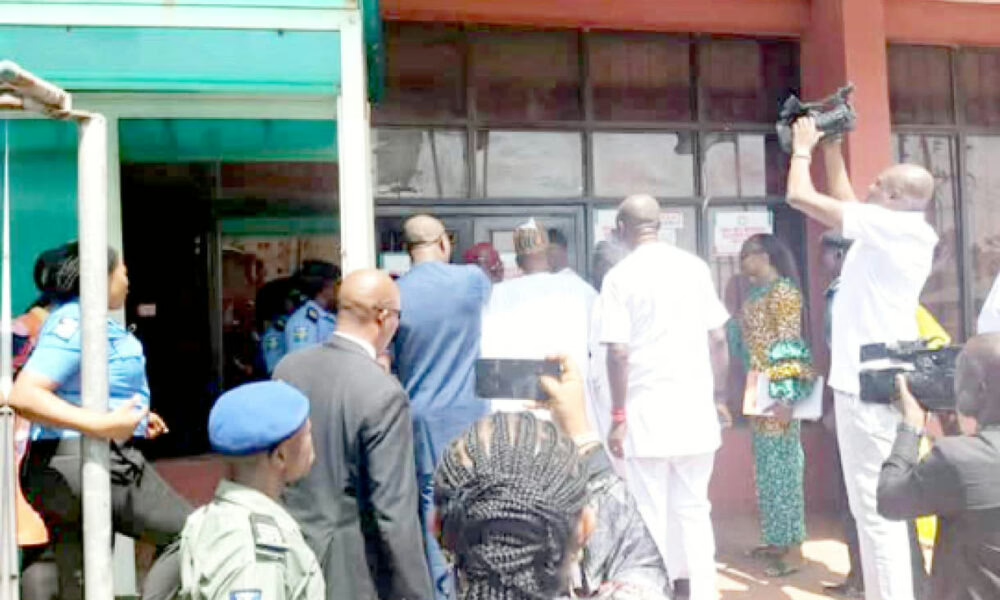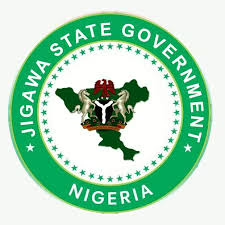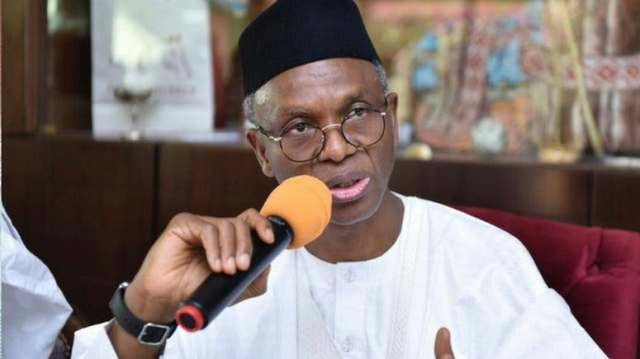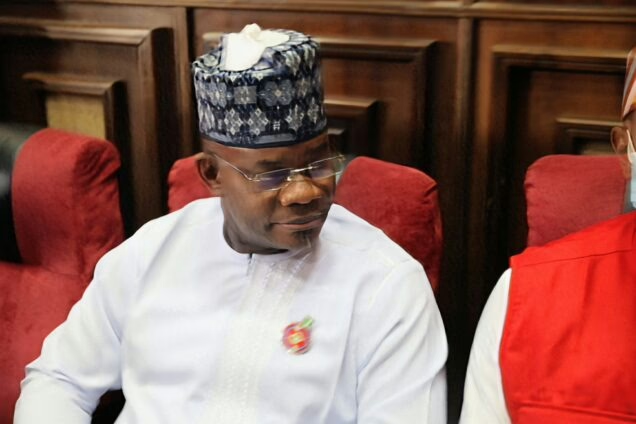Rt. Hon. Mudashiru Ajayi Obasa, the Lagos State House of Assembly Speaker, as well as Hon. Ganiyu Kola Egunjobi, the chairman of Agege Local Government Area of the state, and other dignitaries have called for more intervention in the agricultural sector in order to boost food security in the country.
They spoke on Friday during the 9th edition of the annual Constituency Stakeholders Meeting of the Lagos State House of Assembly at Agege Local Government Secretariat on Friday.
With the topic, ‘Ensuring Food Security for a Sustainable Future: Youth Participation and Home-Grown Farming’, the speakers at the event identified the challenges leading to insufficiency in food production in Nigeria, reeling out solutions, while agreeing that more investment and incentives in agriculture would encourage people, especially the youths, to fine interest in the trade.
Speaking on what has been done in Lagos State and what also needed to be done, Speaker Obasa noted that while the government had been trying to reposition agricultural sector, more needed to be done.
He identified home grown farming as well as other initiatives that had been done in the state to enhance agriculture.
“Some of these agricultural initiatives and interventions in the state are; 1. The setting up of 34-hectare Ikorodu Fish Farm Estate which has capacity of producing and processing 10,000 tons of fish per year, with partnership from 400 fish farmers.
“Number 2; the AGRI-YES Programme that was set up to build competence among youths and encourage their participation in various activities within the emerging agricultural value chain in the state; 3. The Oke-Aro and Gberigbe Pig Farm Estates that currently partner with 1,200 farmers and have the capacity of housing and processing 88,000 mature pigs per annum.
“Lastly, the Eko Farmers Market has been established in collaboration with the private sector partners to serve as a link between the agricultural producers and markets in order to ensure that farmers get their fair value for their produce,” Obasa said.
Hon. Obasa said more interventions are imperative now, promising that the state House of Assembly would partner with the executive to draw up policy and programmes that will enhance youth participation in agriculture in the state.
“Intervention of the government will go
a long way to achieve this vision. It is however noted that the government has been striving to support agricultural activities in the state, but more efforts are,
however, supposed to be put in to achieve desirable results.
“In this regard, the House of Assembly will be working with the Executive Arm to develop comprehensive policies and programmes for youth engagement in agriculture, investing in modern farming
techniques, technology and research.
“All these would be well complemented with providing access to finance,
markets and agricultural extension services for farmers and promote sustainable consumption pattern and
Advertisement
reduce waste.”
He then reeled out further efforts of the state government to boost food security.
“To reduce the impact of food insecurity, the Lagos State Government has for some months been selling “Ounje Eko” which consisted of farm products at subsidised
rates in various designated areas in the state, taking off 25% of normal prices. This commendable effort, which is being geared towards food sufficiency at reduced prices, has been viewed as a timely panacea to cushion the harsh effects of food shortage and insufficient
income by many people in the state,” he said.
The Speaker also hinted of the previous efforts of the lawmakers to ensure agricultural renaissance in the state through the passage of anti-open grazing of livestock Law which stopped herders from grazing in farms and other areas that could hinder food sufficiency in the state.
“It is important to reiterate that, on our part as lawmakers, we have also created an enabling environment for farming activities to thrive in the state, particularly through the passage of anti-open grazing of livestock Law in September, 2021.
“The legislation makes it a punishable offence for cattle rearers to move their
livestock through farmlands or occupy unapproved public places with their cattle.
“We should cast our minds
back to the crises that led to loss of lives arising from farmers-herders clashes across the country which necessitated the passage of the law in Lagos State.
“We passed this law to protect our farmers from being attacked and their farmlands from being encroached upon as it is happening in other States, where farmers’ crops are being destroyed, which invariably leads to shortage of food items in the country, and the attendant high prices,” he said.
Speaking similarly, Hon. Ganiyu Kola Egunjobi, the chairman of Agege Local Government Area of Lagos State, said for Nigeria to attain food security, the government must make agriculture attractive to the youths, fingering insecurity as the major course of shortage of foods.
“Insecurity is one of the reasons for food insecurity. Most farmers in Nigeria are into subsistence farming.
“Farming is not attractive to youths. So government at all levels should subsidise farming inputs.
“Loans to farmers should come at a very low interests. This will encourage youths to take to farming and through that, Nigeria can be guaranteed food security,” he said.
Meanwhile, a resource perosn from the Lagos State Ministry of Agriculture, Mr Akinyemi Olusegun, also said there is the need for more attention to be paid to agriculture if the nation would achieve food sufficiency.











